Commercial Radon Mitigation
Free Quote Click Here!At All Iowa Radon we pride ourselves in customer satisfaction!
Call us today or fill out the form below for a FREE Quote!
319-231-3963
The Importance of Commercial Radon Mitigation in Lynnville, Iowa
Radon is a naturally occurring, odorless, and colorless gas that can be found in the soil and rocks beneath our homes and businesses. It is the second leading cause of lung cancer in the United States and can be found in higher concentrations in certain areas, such as Lynnville, Iowa. That’s why it’s so important to have commercial radon mitigation services in place to protect the health and safety of your employees and customers.At All Iowa Radon, we specialize in providing commercial radon mitigation services to businesses in Lynnville, Iowa. Our team of experienced professionals will assess your property and develop a customized plan to reduce the levels of radon in your building. We use a variety of techniques, such as sealing cracks and openings in the foundation, installing a radon mitigation system, and installing a radon fan to reduce the levels of radon in your building.Radon is a serious health hazard and can cause serious health problems if left unchecked. That’s why it’s so important to have a professional radon mitigation service in place to protect your employees and customers. At All Iowa Radon, we take the safety of your business seriously and will work with you to develop a plan that meets your needs and budget.We understand that radon mitigation can be a costly endeavor, but it’s an investment in the health and safety of your employees and customers. We offer competitive rates and will work with you to develop a plan that fits your budget.At All Iowa Radon, we are committed to providing the highest quality of service and the best customer experience. We are dedicated to helping businesses in Lynnville, Iowa protect their employees and customers from the dangers of radon. Contact us today to learn more about our commercial radon mitigation services.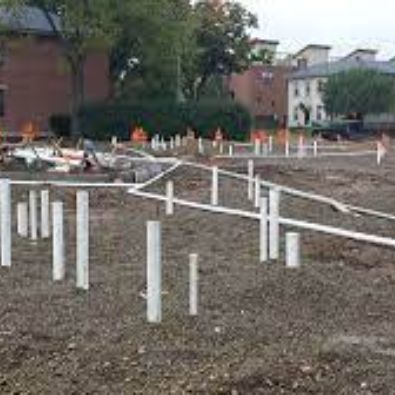
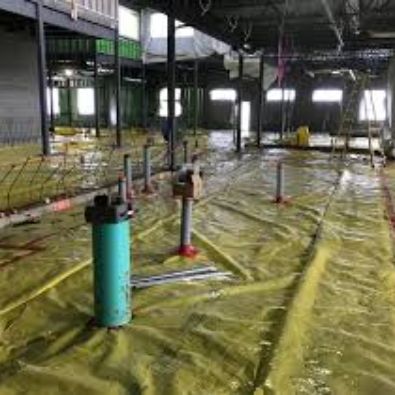
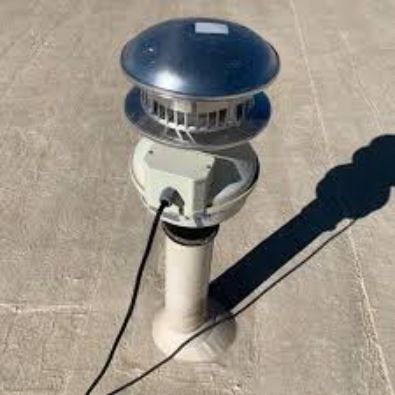
Call Now For A Free Commercial Radon Assessment 319-231-3968
Lynnville, Iowa is a small town located in Jasper County, Iowa. It is situated along the banks of the Cedar River and is home to a population of just over 500 people. The town was founded in 1854 and is named after the Lynn family, who were among the first settlers in the area. Lynnville is known for its small-town charm and friendly atmosphere. It is a great place to raise a family and enjoy the outdoors.
The town is home to several historic sites, including the Lynnville Cemetery, which dates back to the mid-1800s. The cemetery is the final resting place of many of the town's earliest settlers. The Lynnville Historical Society is also located in the town and is dedicated to preserving the history of the area.
Lynnville is also home to the Lynnville-Sully Community School District, which serves students in grades K-12. The district is known for its excellent academic programs and extracurricular activities. The town also has a public library, which offers a variety of books and other resources for residents.
The town is also home to several parks and recreational areas, including the Lynnville Park and the Cedar River Trail. The park offers a variety of activities, including fishing, camping, and hiking. The Cedar River Trail is a popular spot for biking and walking.
Lynnville is a great place to live and visit. It is a small town with a big heart and a lot to offer. Whether you are looking for a place to raise a family or just want to get away from it all, Lynnville is the perfect place to call home.
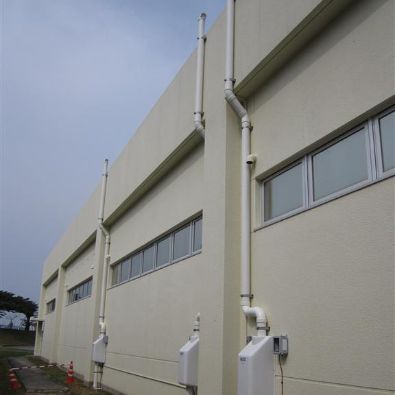
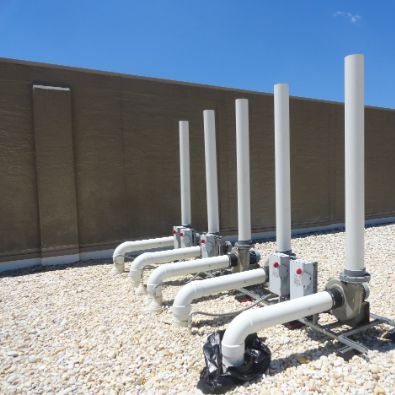
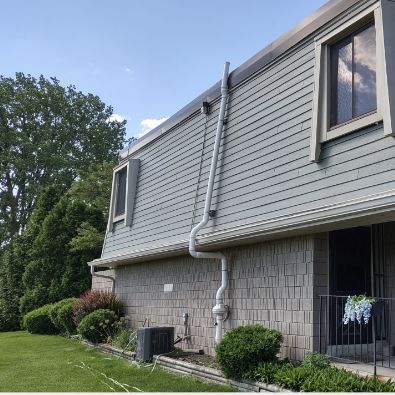
Radon has been a part of the history of Lynnville, Iowa since the early 1900s. The town was founded in 1854 and was originally a farming community. In the early 1900s, the town began to experience an increase in radon levels due to the presence of uranium in the soil. This was likely due to the fact that the area was once part of a large coal mining operation. As a result, the town began to experience higher levels of radon in the air and water.
In the 1950s, the town began to take steps to reduce the levels of radon in the air and water. The town installed a radon mitigation system in the water supply and began to monitor the levels of radon in the air. In the 1970s, the town began to take further steps to reduce the levels of radon in the air and water. The town installed a radon mitigation system in the air and began to monitor the levels of radon in the air and water.
In the 1980s, the town began to take even more steps to reduce the levels of radon in the air and water. The town installed a radon mitigation system in the soil and began to monitor the levels of radon in the soil. The town also began to take steps to reduce the levels of radon in the air and water by installing air filters and water filters. The town also began to take steps to reduce the levels of radon in the air and water by installing radon detectors in homes and businesses.
Today, the town of Lynnville, Iowa continues to take steps to reduce the levels of radon in the air and water. The town has installed a radon mitigation system in the soil and continues to monitor the levels of radon in the air and water. The town also continues to take steps to reduce the levels of radon in the air and water by installing air filters and water filters. The town also continues to take steps to reduce the levels of radon in the air and water by installing radon detectors in homes and businesses.
The town of Lynnville, Iowa has a long history of dealing with radon. The town has taken steps to reduce the levels of radon in the air and water since the early 1900s. The town continues to take steps to reduce the levels of radon in the air and water today. The town has installed a radon mitigation system in the soil and continues to monitor the levels of radon in the air and water. The town also continues to take steps to reduce the levels of radon in the air and water by installing air filters and water filters and installing radon detectors in homes and businesses.
Contact Us For A Free Quote!
Our team of experts is ready to provide you with personalized guidance and deliver exceptional results.
